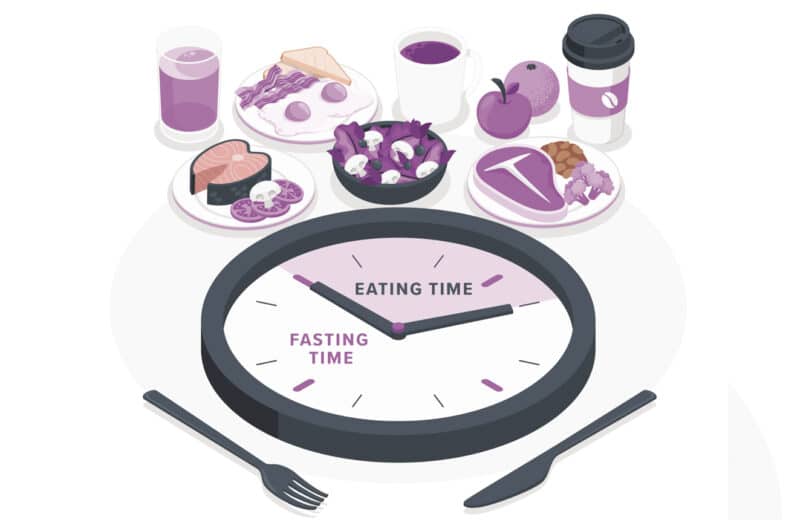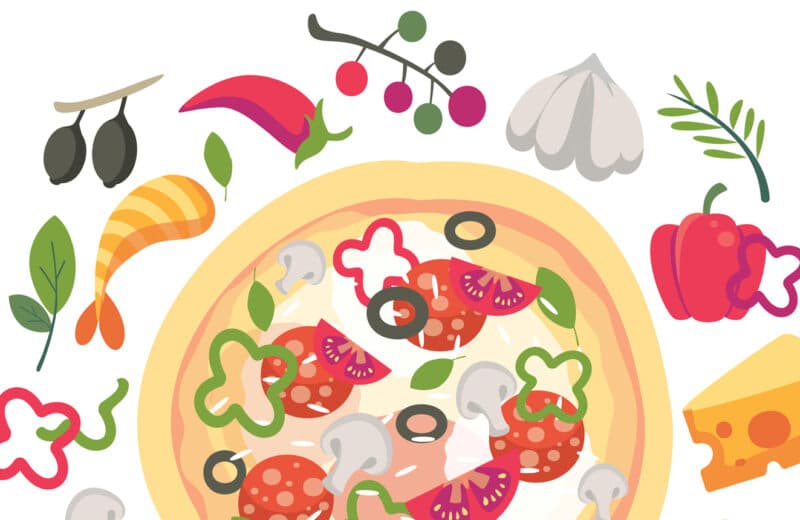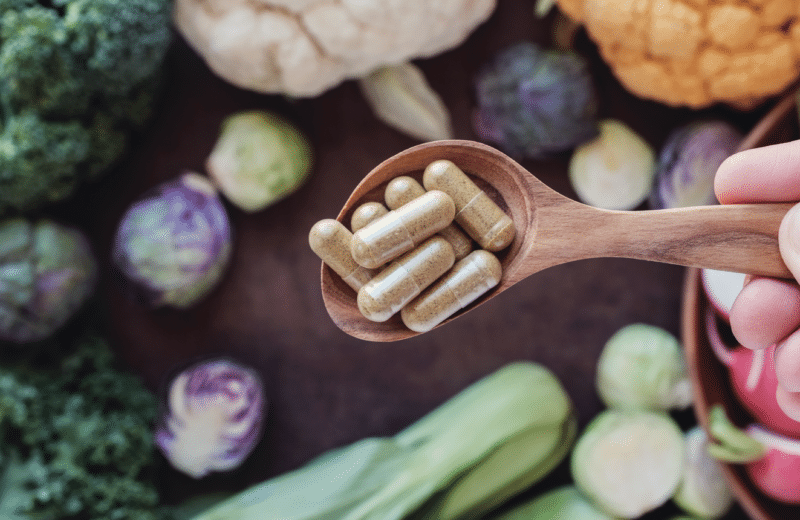Anyone who thinks healthy food can’t taste good clearly doesn’t understand the power of fruit. Sweet, juicy and delicious, grab-and-go fruit is packed with vitamins, minerals, phytochemicals and fiber associated with an impressively long list of health benefits, including heart health, weight control, digestive health and lowered dementia and diabetes risk.
If you’ve heard you should avoid fruit because it’s high in sugar, have no fear. The health benefits of whole fruit far outweigh concerns over natural sugar intake. Experts recommend adults aim for at least 1 1/2 to 2 cups of fruit a day. Only 13 percent of people in a recent CDC survey met that goal.
Upping your intake is easy: Toss fruit on cereal at breakfast, choose a side of fruit instead of fried potatoes or chips, grill pineapple rings or peach halves for a delectable dessert, and grab a piece of fruit for a quick snack or to round out your meal.
Fabulous fruits
All fruits are good for your health. Here are some well-researched standouts:
Apple: Apples are high* in fiber, vitamin C, potassium, vitamin K and some B vitamins. They also have pectin, a prebiotic fiber that feeds beneficial gut bacteria.
Avocado: While often found in the vegetable category, botanically avocados are fruits. They are full of healthy monounsaturated fats linked to reduced inflammation and better heart health, and are high in vitamins C and K, folate, potassium, and fiber.
Banana: High in fiber, potassium, manganese and vitamins C and B6, their carb and mineral content makes bananas a great source of fuel before exercise.
Blackberries/Raspberries: High in fiber (1 cup has 8 grams!) and vitamin C, these berries also are known for their potent antioxidant content.
Blueberries: Exceptionally rich in antioxidants, blueberries have been studied for protection against many conditions, including heart disease, diabetes, and dementia.
Citrus: All citrus fruits are high in healing vitamin C. Grapefruit is especially high in vitamin A.
Cranberries: Rich in heart-protecting flavanols, cranberries also are being studied for possibly reducing frequency of urinary tract infections.
Pomegranate: With up to three times the antioxidants of green tea and red wine, pomegranates are also high in fiber, vitamins C and K, folate, and copper.
Red Grapes: The phytochemicals quercetin and resveratrol in red and purple grapes may help ward off heart disease and high cholesterol.
Watermelon: High in vitamins A and C, and full of antioxidants, watermelon is also 92 percent water, which helps you feel full.
*High = 20 percent or more of the Daily Value
(Reprinted with permission from Environmental Nutrition, a monthly publication of Belvoir Media Group, LLC. 800-829-5384. www.EnvironmentalNutrition.com.)












